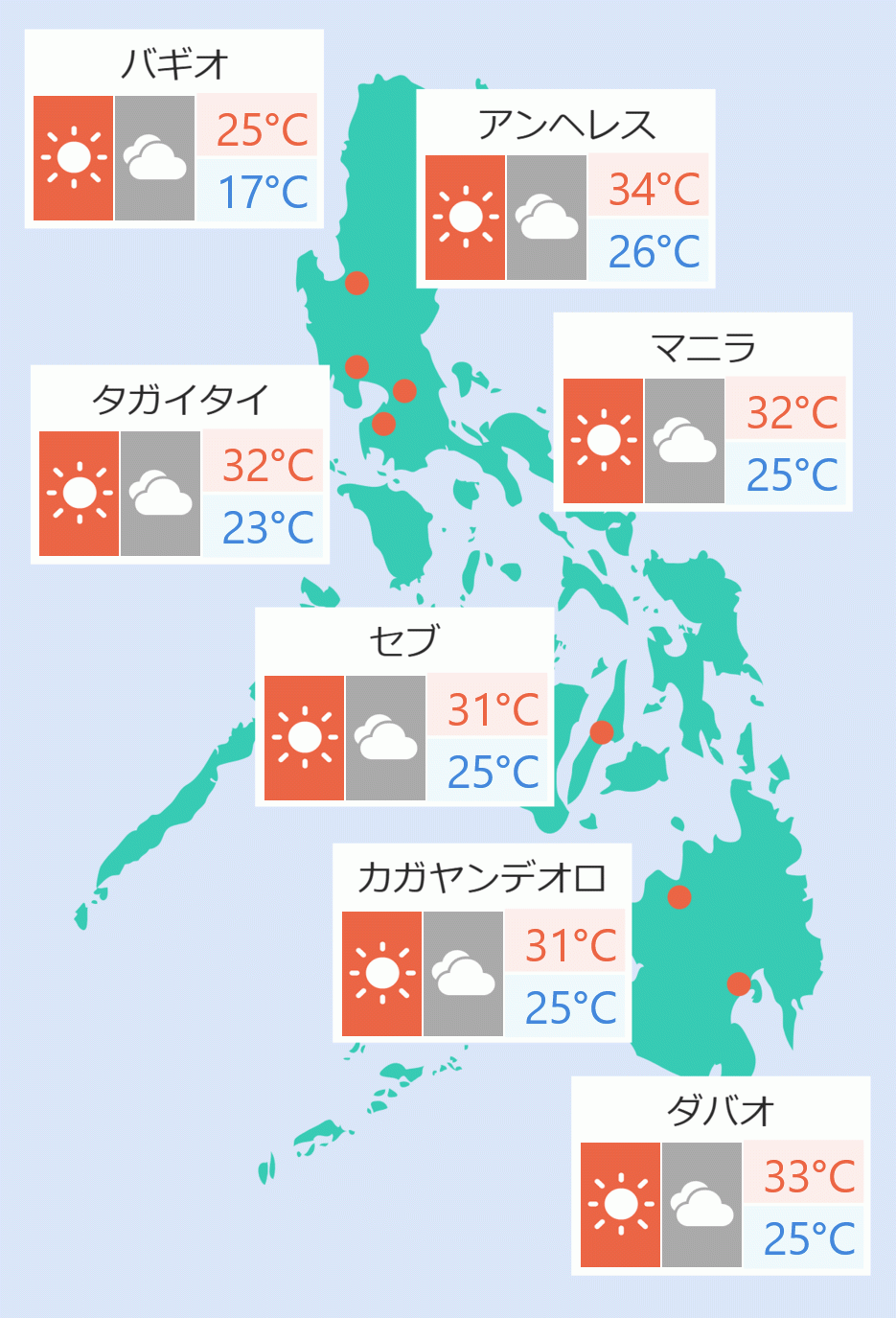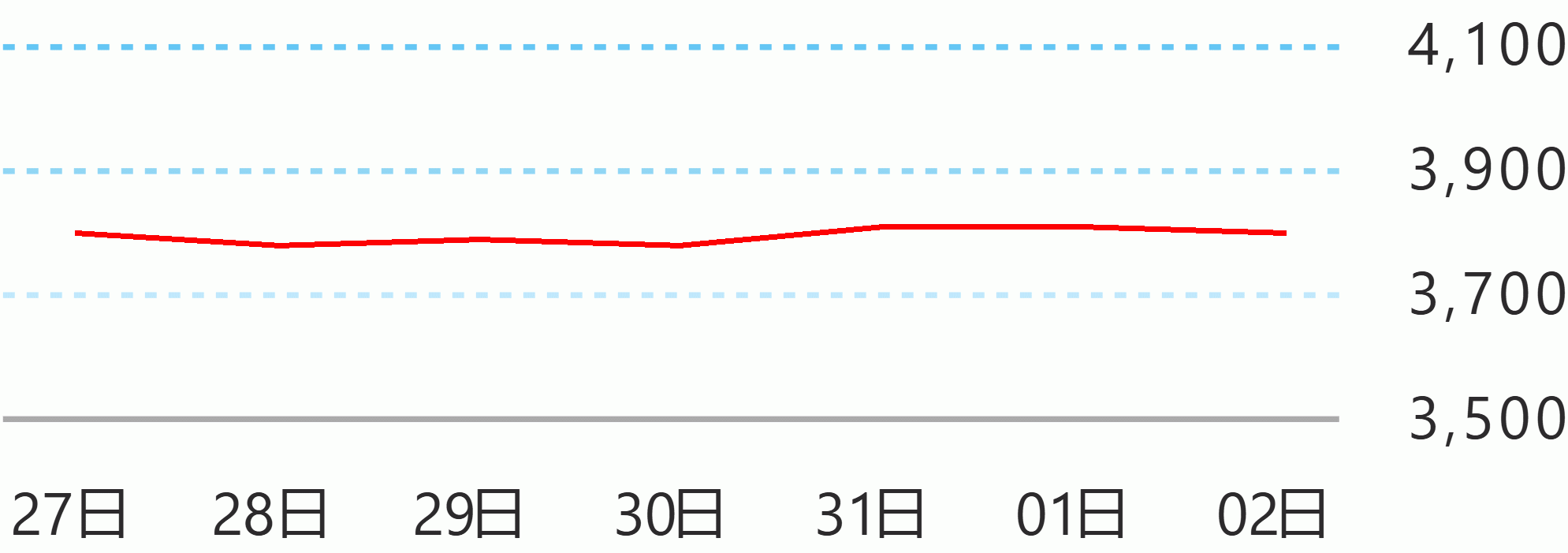Interior Secretary Eduardo Año on Monday said punishing enhanced community quarantine (ECQ) violators should not lead to maltreatment and human rights abuse.
In a TV interview, Año said every local government unit has their own ordinance on how they will punish residents who violate quarantine and curfew.
“And we respect that, meanwhile, the PNP (Philippine National Police) if you are caught (violating), a case will be filed against you and while you are detained, you can do a lot of useful things so that you will not repeat,” he said.
“But that does not mean that you will violate their human rights or maltreat them,” he added.
At the start of the quarantine period, police were reported punishing violators by letting them stand for hours and telling them to do push ups.
Violators also watched and read infographics about the COVID-19.
“They do different ways (of punishing violators) but bottomline here is they should learn their lesson and no one should follow their act,” Año said.
According to the Commission on Human Rights, they received around 230 complaints related to the ECQ.
CHR said earlier complaints were about the arrest over curfew violations and they reminded the authorities that their actions should be accordance to the law.
“The punishment should be humane,” it said.
Citing the Anti-Torture Act, the law said punishment on people should be humane and not torture, cruel and humiliating. Ella Dionisio/DMS





 English
English










